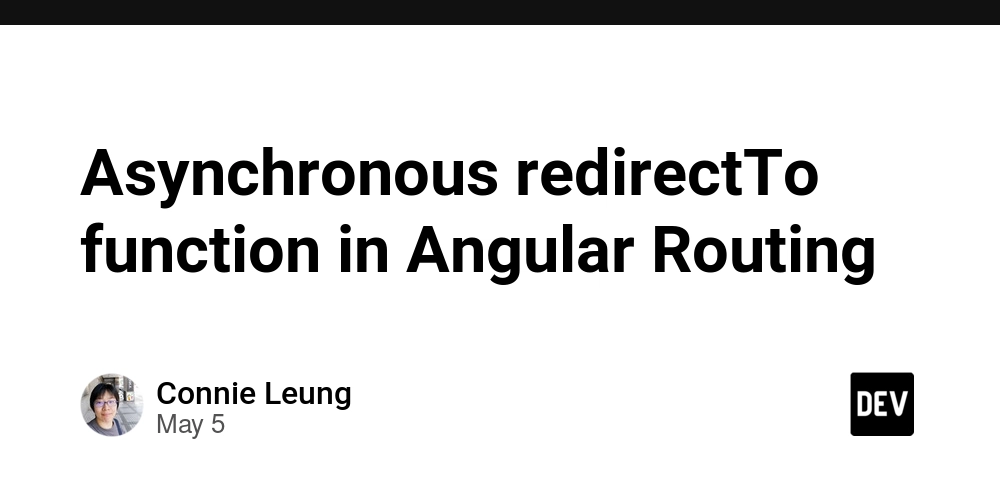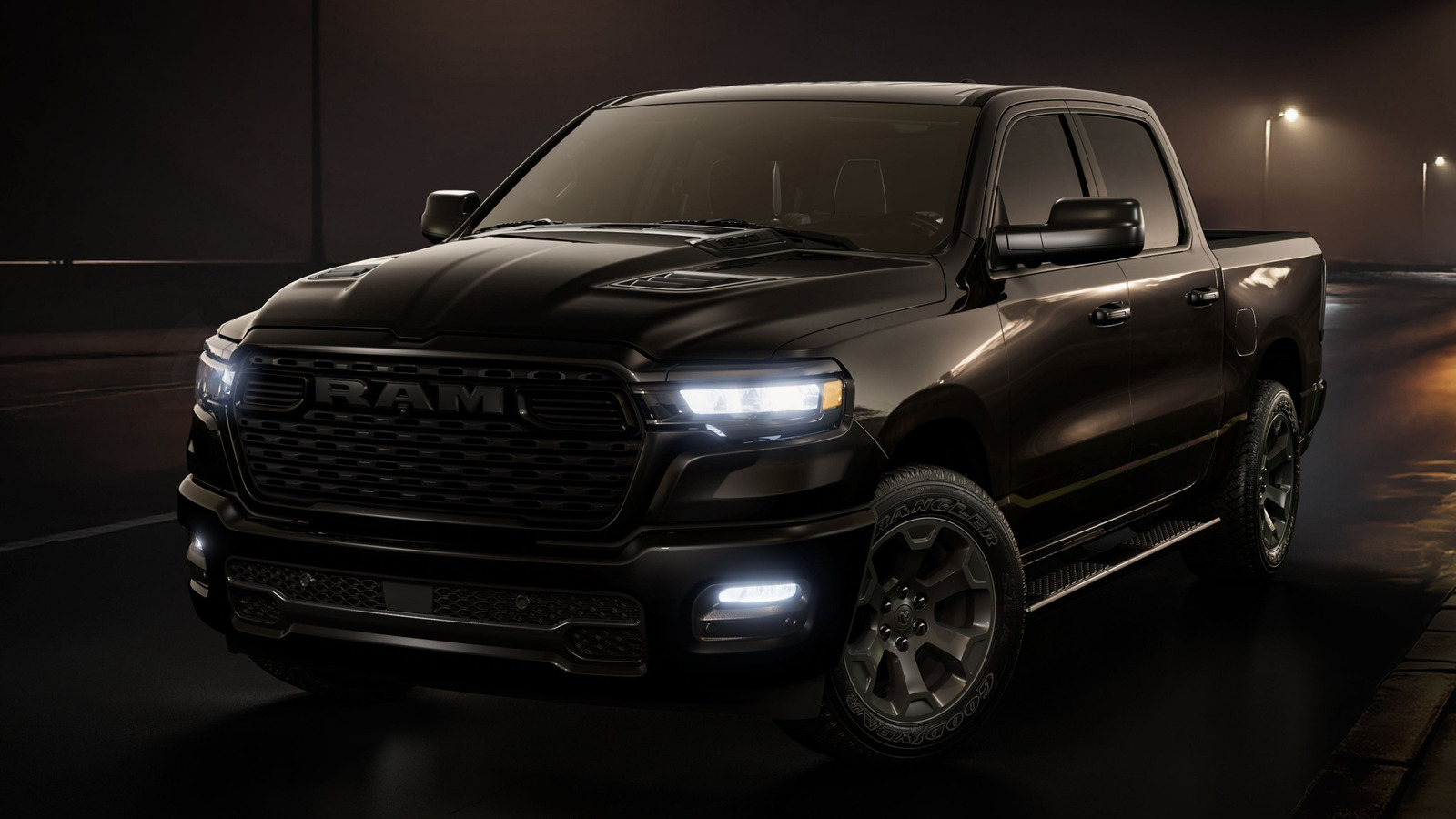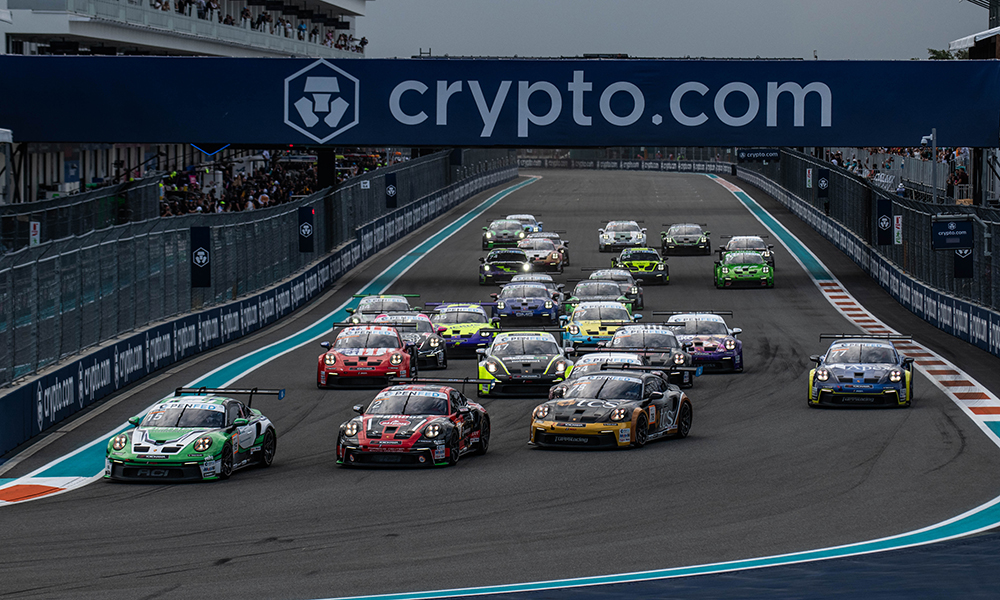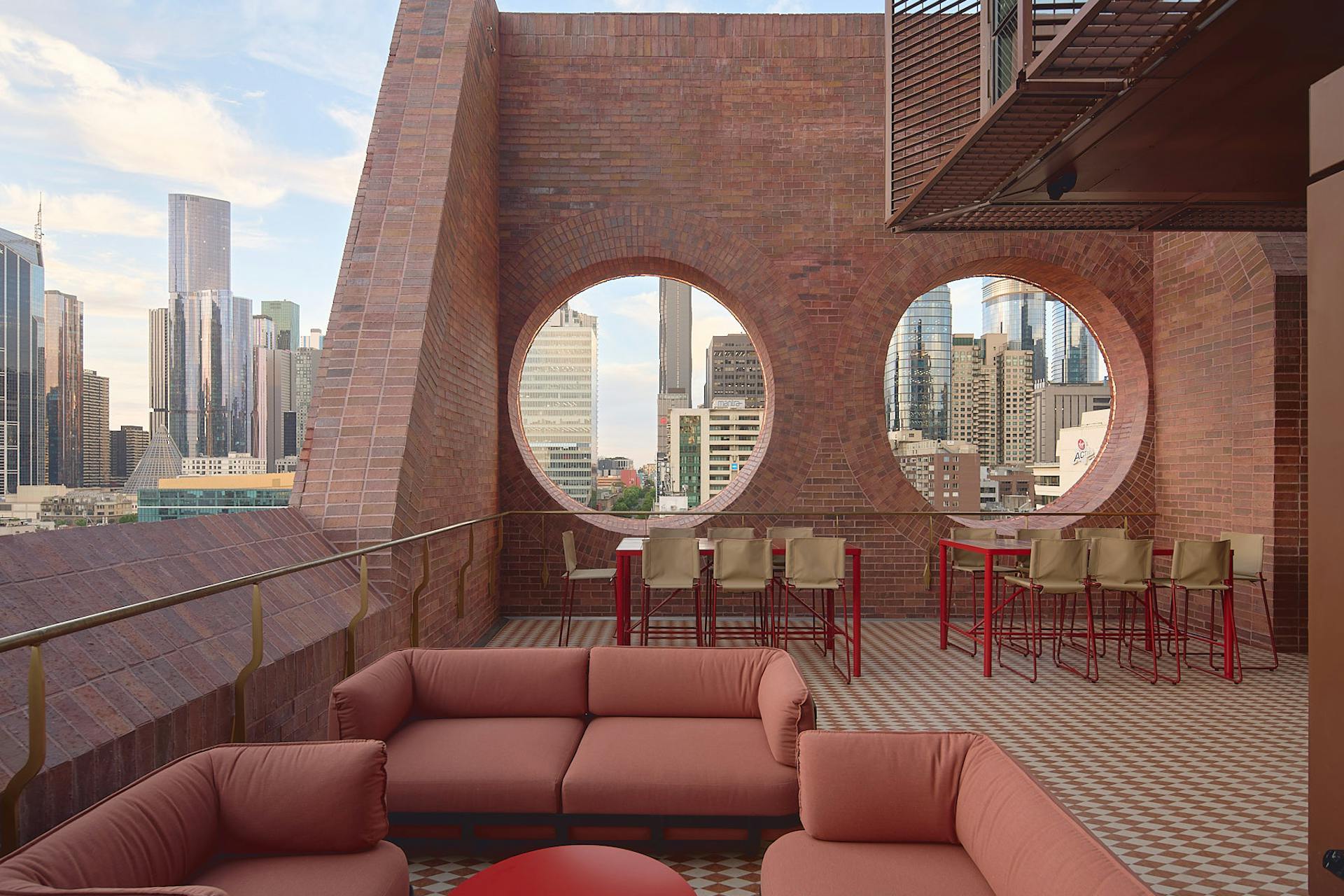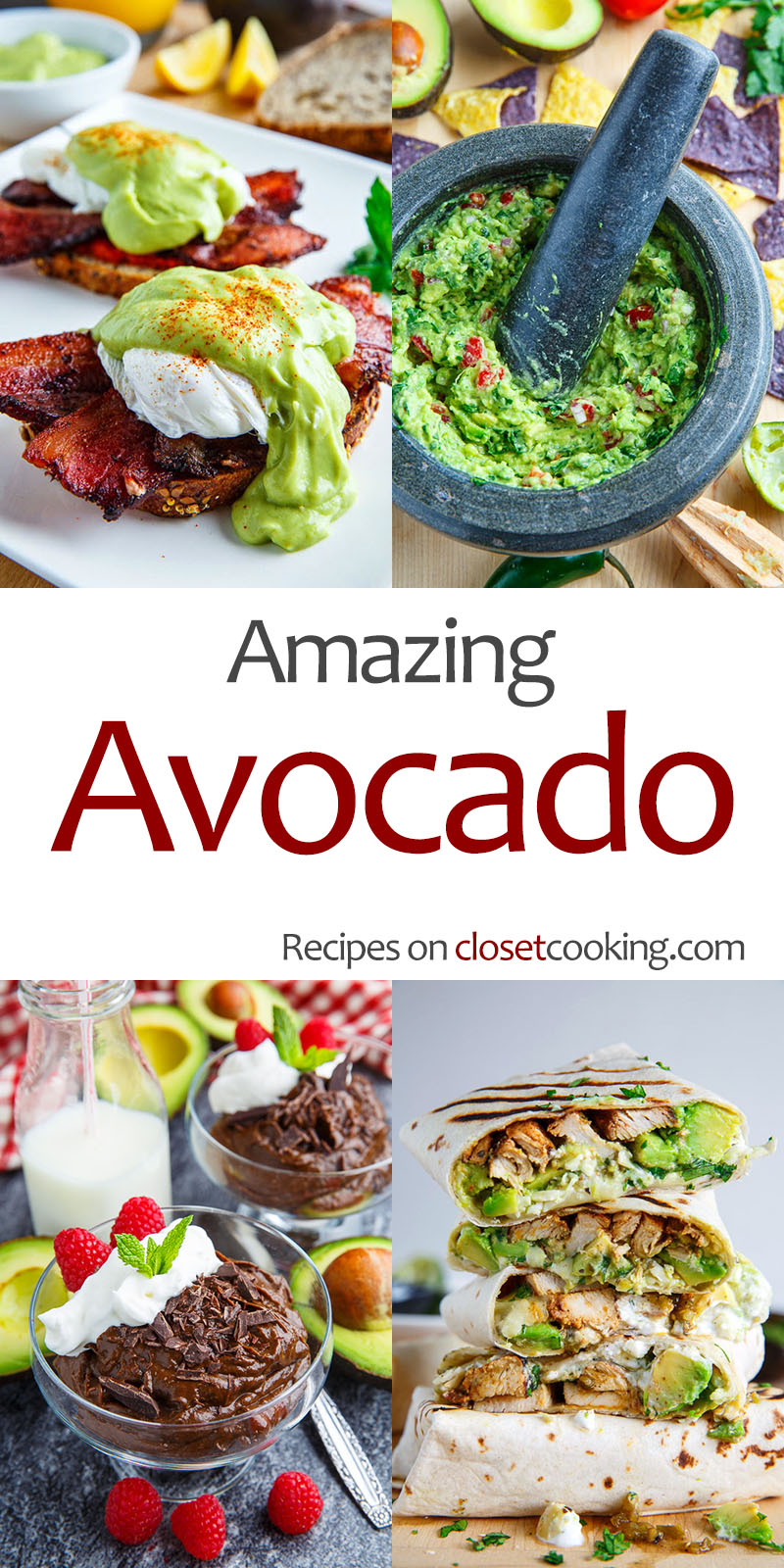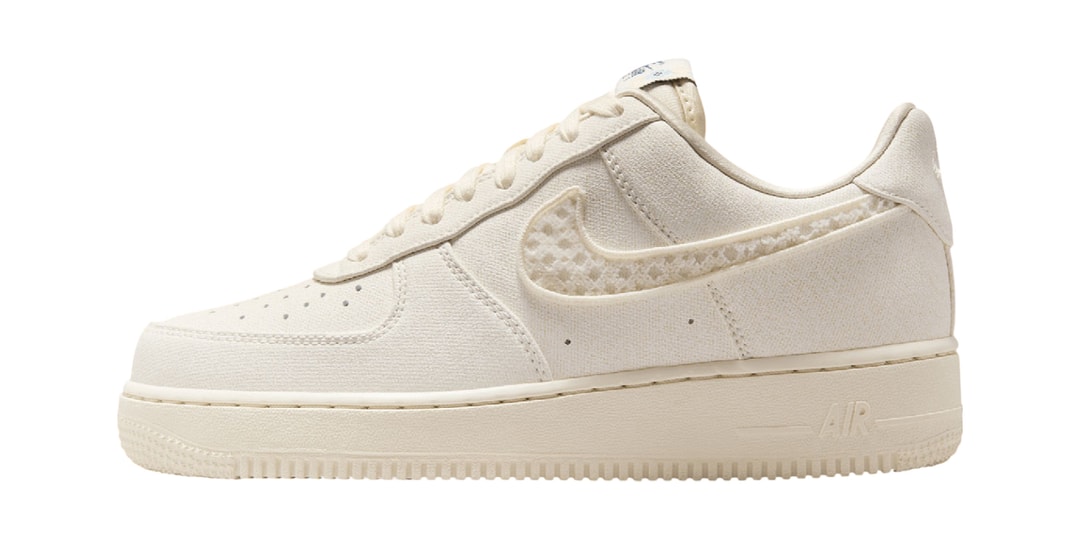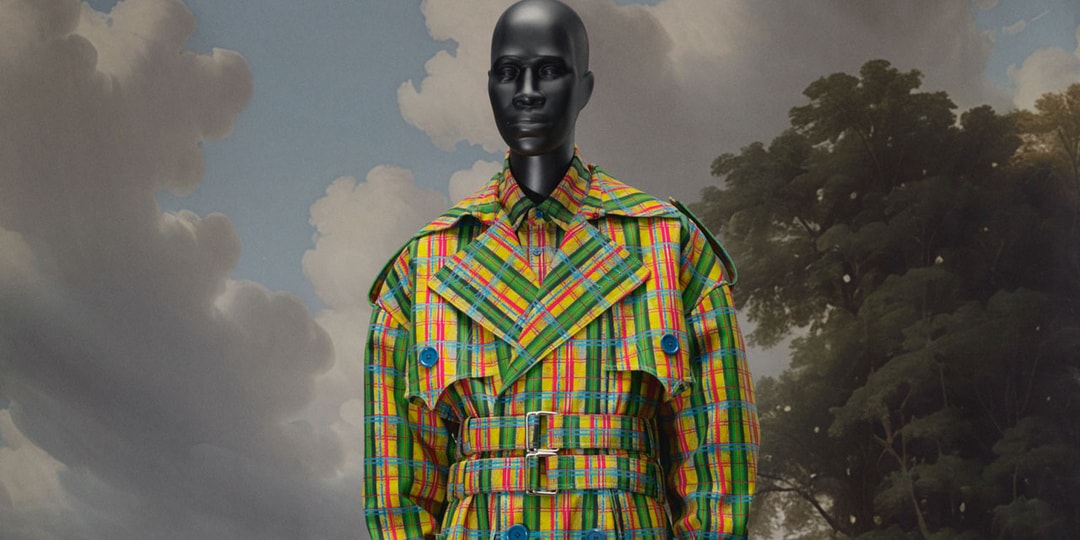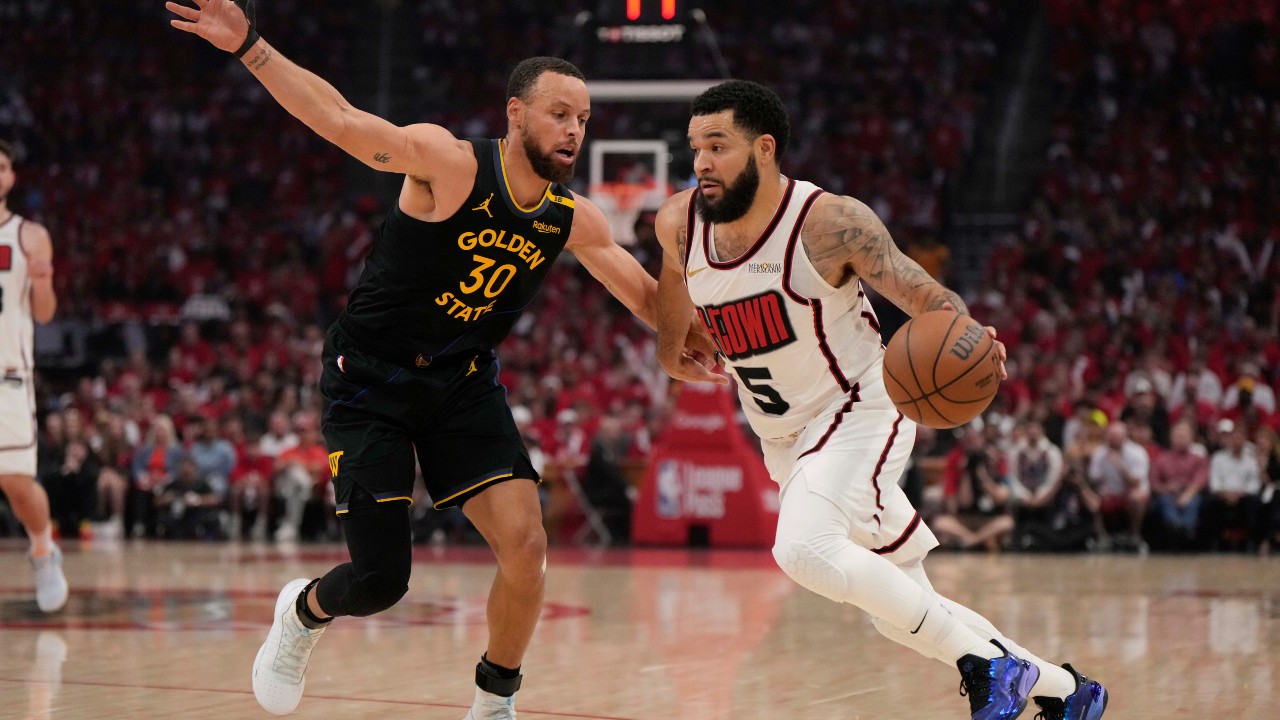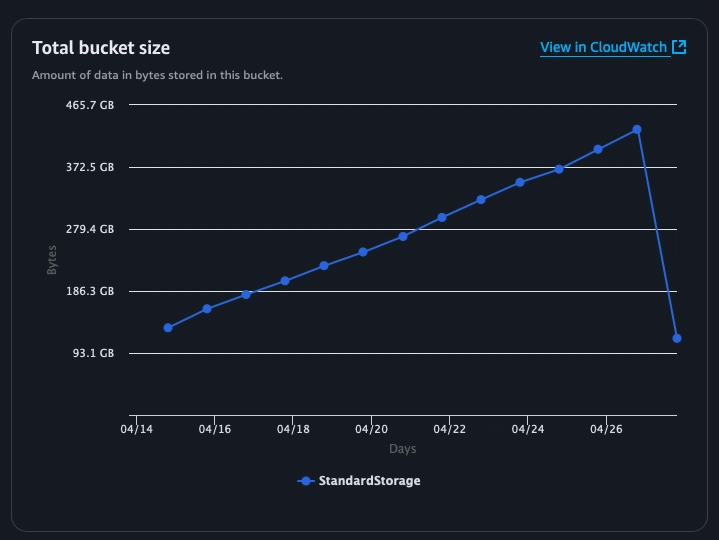Using react-native-vector-icons in React Native
react-native-vector-icons is a library that lets you integrate a variety of icons into your React Native app, improving design and user experience. It supports popular icon sets like FontAwesome, Material Icons, and Ionicons. Explore available icons here. Step 1: Install the Library Install via npm or Yarn: npm install react-native-vector-icons or yarn add react-native-vector-icons Available Icon Sets Icon libraries available include: AntDesign (298 icons) Entypo (411 icons) EvilIcons (70 icons) Feather (286 icons) FontAwesome 5 (1,598 free icons) Ionicons (1,338 icons) MaterialIcons (2,189 icons) MaterialCommunityIcons (6,596 icons) Explore other sets here. Step 2: Configure Fonts Android Setup In android/app/build.gradle, add the fonts: react { project.ext.vectoricons = [ iconFontNames: ['MaterialCommunityIcons.ttf', 'FontAwesome.ttf', 'AntDesign.ttf'] ] apply from: "../../node_modules/react-native-vector-icons/fonts.gradle" } iOS Setup In Info.plist, add the fonts: UIAppFonts MaterialCommunityIcons.ttf FontAwesome.ttf AntDesign.ttf Also, in react-native.config.js, disable iOS auto-linking: module.exports = { 'react-native-vector-icons': { platforms: { ios: null, }, }, }; Run the command: npx react-native-asset Step 3: Use Icons in Your Components Import and use icons like this: import Icon from 'react-native-vector-icons/MaterialCommunityIcons'; const MyComponent = () => ( ); You can replace MaterialCommunityIcons with other icon sets as needed. Conclusion By integrating react-native-vector-icons, you can enhance your app with a wide range of high-quality icons. The setup process is simple and involves configuring a few files for Android and iOS.

react-native-vector-icons is a library that lets you integrate a variety of icons into your React Native app, improving design and user experience. It supports popular icon sets like FontAwesome, Material Icons, and Ionicons. Explore available icons here.
Step 1: Install the Library
Install via npm or Yarn:
npm install react-native-vector-icons
or
yarn add react-native-vector-icons
Available Icon Sets
Icon libraries available include:
- AntDesign (298 icons)
- Entypo (411 icons)
- EvilIcons (70 icons)
- Feather (286 icons)
- FontAwesome 5 (1,598 free icons)
- Ionicons (1,338 icons)
- MaterialIcons (2,189 icons)
- MaterialCommunityIcons (6,596 icons)
Explore other sets here.
Step 2: Configure Fonts
Android Setup
In android/app/build.gradle, add the fonts:
react {
project.ext.vectoricons = [
iconFontNames: ['MaterialCommunityIcons.ttf', 'FontAwesome.ttf', 'AntDesign.ttf']
]
apply from: "../../node_modules/react-native-vector-icons/fonts.gradle"
}
iOS Setup
In Info.plist, add the fonts:
Also, in react-native.config.js, disable iOS auto-linking:
module.exports = {
'react-native-vector-icons': {
platforms: {
ios: null,
},
},
};
Run the command:
npx react-native-asset
Step 3: Use Icons in Your Components
Import and use icons like this:
import Icon from 'react-native-vector-icons/MaterialCommunityIcons';
const MyComponent = () => (
<Icon name="home" size={30} color="#900" />
);
You can replace MaterialCommunityIcons with other icon sets as needed.
Conclusion
By integrating react-native-vector-icons, you can enhance your app with a wide range of high-quality icons. The setup process is simple and involves configuring a few files for Android and iOS.





















